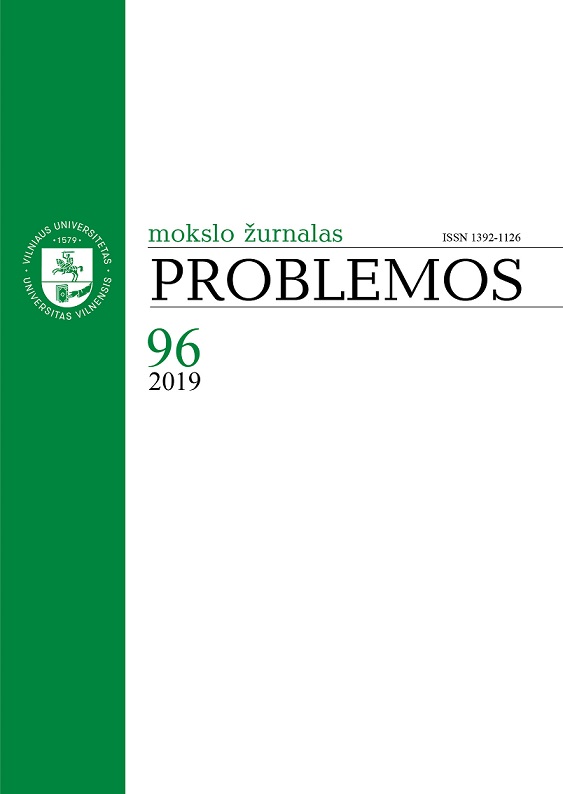The Duty of Knowing Oneself as One Appears: A Response to Kant’s Problem of Moral Self-Knowledge
The Duty of Knowing Oneself as One Appears: A Response to Kant’s Problem of Moral Self-Knowledge
Author(s): Vivek Kumar RadhakrishnanSubject(s): Anthropology, Epistemology, Ethics / Practical Philosophy, Early Modern Philosophy
Published by: Vilniaus Universiteto Leidykla
Keywords: Kant; self-knowledge; empirical anthropology; moral duty;
Summary/Abstract: A challenge to Kant’s less known duty of self-knowledge comes from his own firm view that it is impossible to know oneself. This paper resolves this problem by considering the duty of self-knowledge as involving the pursuit of knowledge of oneself as one appears in the empirical world. First, I argue that, although Kant places severe restrictions on the possibility of knowing oneself as one is, he admits the possibility of knowing oneself as one appears using methods from empirical anthropology. Second, I show that empirical knowledge of oneself is fairly reliable and is, in fact, considered as morally significant from Kant’s moral anthropological perspective. Taking these points together, I conclude that Kant’s duty of self-knowledge exclusively entails the pursuit of empirical self-knowledge.
Journal: Problemos
- Issue Year: 2019
- Issue No: 96
- Page Range: 23-35
- Page Count: 13
- Language: English

